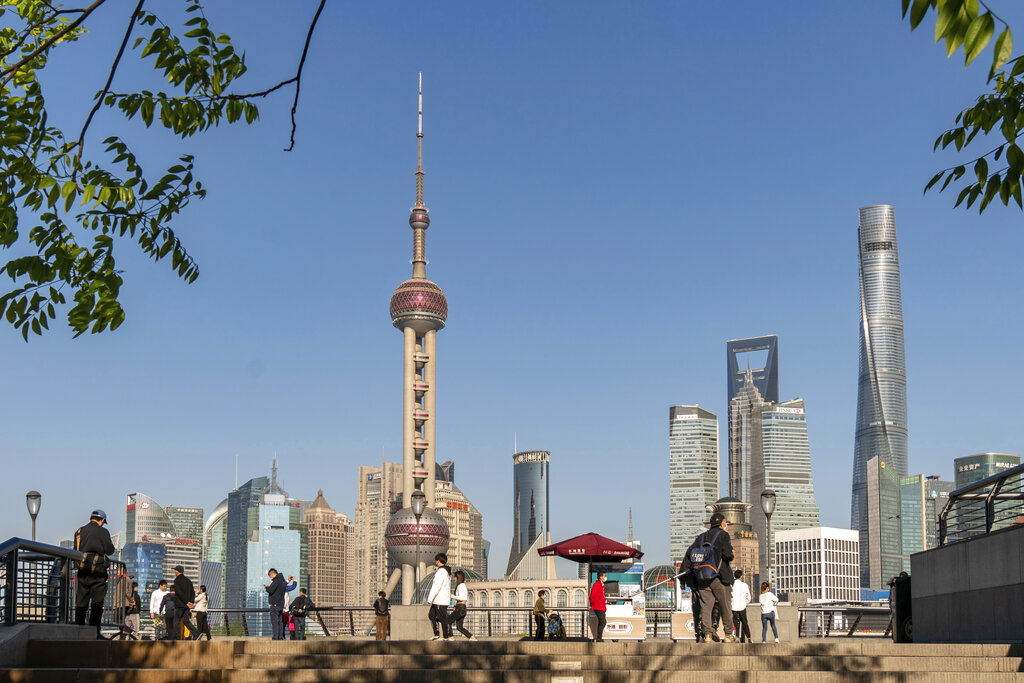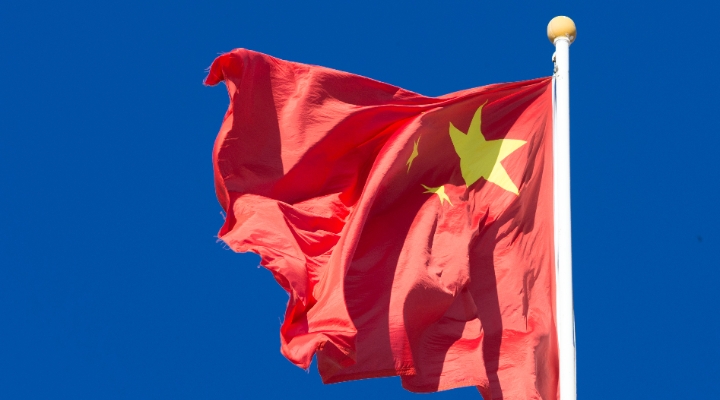
Every decade (or less), China’s investment landscape turns over and experiences a major shift. Wenli Zheng, portfolio manager at T. Rowe Price believes that after the past two years of regulatory changes and an extremely bearish sentiment, the market might be at the juncture of another shift.
“The China market changes so fast. When I first became an analyst, I used to cover telecom. Ten years ago, telecom was by far the largest sector, weighted 60% of the MSCI China Index. Now, [the weighting of] telecom is a single digit. The same is true for financials which used to take over half of the index weightings, but is no longer the case,” says Zheng, who manages the T. Rowe Price China Evolution Equity Fund.
Zheng has been sticking to lesser-known companies that have showed the potential to grow into future leaders. The fund has a portfolio of 40 high-conviction names, many of which are little-known smaller caps in China. “Many of those new opportunities are smaller today and many of them are listed in China A-shares. For investors to capture those new emerging trends, they need to be more nimble and look beyond the mega caps to discover some future winners.”
One way of achieving that is to bank on innovation. “Innovation is important, in a way that it creates change. We find more opportunities in situations of change. Where there is change, there are winners and losers,” Zheng says.
Top Innovator Pick – Kanzhun Stock
China equity funds commonly hold internet giants like Tencent and Meituan. But, at the top of Zheng’s portfolio is a mid-cap online recruiting platform, Kanzhun (BZ, 02076). It represents 8.3% of the US$164 million fund. Kanzhun has disrupted the existing business model by building a recommendation engine to match job seekers and recruiters, to Zheng a game changer that solves a lot of the problems that exist in the online recruiting model, while also reducing costs.
“Recruiting is a low-frequency event, meaning that it takes a long time to collect enough data to train the recommendation engine and to come up with good technologies. This company is already years ahead of any potential competitors. At least at this juncture, we don’t see major challenges to their leading position,” explains Zheng.
Despite being a late entrant into the industry, Kanzhun is by far the largest recruiting platform in China, according to Zheng. Kanzhun has around 100 million users, which he forecasts could be three to four times larger several years from now.
He continues: “After one year of cyber security review, during which they couldn't register the new users, Kanzhun reopened new user registration around late June. For the second half of 2022, they target 25 million new users. Annualizing it, the user base can still grow at 30%-40% at the current rate. We don't see that type of growth for other internet companies.”
Innovation Is Not Only About Online Companies
Another theme on which Zheng has been keeping an eye is electrification, including new ways of generating, transmitting, as well as consuming electricity, which he thinks brings many investment opportunities beyond auto parts and EV makers.
“Electrification is broadly about power savings,” says Zheng. “For example, we own a company in China A shares which supplies the fracturing equipment used in shale gas exploration. That equipment used to be purely driven by diesel, which is very expensive and very polluting. But now, they’ve come up with a new product driven by electricity, making the process cheaper, more efficient, and more environmental-friendly.”
Automation is another important trend. “There are few drivers behind automation. The first one is a potential solution for China's demographic changes. China’s labor force is starting to decline and the cost of labor is increasing. Companies that innovate using technology can keep their costs lower,” says Zheng.
Don’t Forsake Total Returns
Innovation is not the only thing on which Zheng bases his investments. The remainder of his portfolio owns names that can withstand the macro environment. He also owns defensive stocks. He defines his strategy as a ‘balanced portfolio approach’.
At the same time, Zheng is “style agnostic”. He explains: “What we look for is suggestions where fundamentals are improving. At the same time, there are factors that are driving mispricing. But it can be a growth sector, but it can be value, like shipbuilding.”
The portfolio also invests in names with idiosyncratic drivers, such as electric vehicles, renewables, oil service, and shipbuilding. “Those are the industries that, despite the macro weakness, are in their own cycle. They’re doing very well regardless of the macro environment.”
The next bucket is the defensible business model and very attractive valuation. Zheng says: “Many of them trades at double-digit free cash flow yield and 5-6% dividend yield. On a total return basis, even without the multiple re-rating, they probably give us double-digit total return, which we think is also a very good balance for the portfolio.”
What’s In Store for 2023?
Zheng sees three reasons to be cheerful on the outlook of the Chinese stock market.
First, China is dismantling its stringent zero-COVID regimen. The reopening will be a positive booster for domestic consumption. In Zheng’s portfolio, hotel chain H World Group (01179), with 3.5% of portfolio assets invested, is set to be a beneficiary in the favorable cyclical setup. “Because of the tough COVID situation, many of the smaller players were forced to leave the industry, and this passively consolidated the industry. We think the COVID situation will eventually normalize and once it normalizes, they can be a very strong performer for coming years,” he adds.
“The hotel operator is asset-light and that’s why we like it… The company has expanded its network during the downturn. Its technology, solid financials, and operational efficiency will help it gain share in the fragmented industry.”
The second is on liquidity. On the liquidity side, China is in a unique position and is loosening up while the rest of the world is tightening, in Zheng’s opinion.
He says: “It is difficult to call the market direction right, but I think there are some key factors that potentially can drive the market. If you look globally, most countries are dealing with inflation that is decades high, and they have to raise rates aggressively in order to fight inflation. But in China, inflation has not been a problem. The issue that China faces is weak demand and high unemployment, and that gave the policymakers more room to stimulate.”
The third driver is sentiment and valuation. China is still trading cheap valuations and offering decent dividends, which gives a good base.









.png)





.jpg)





